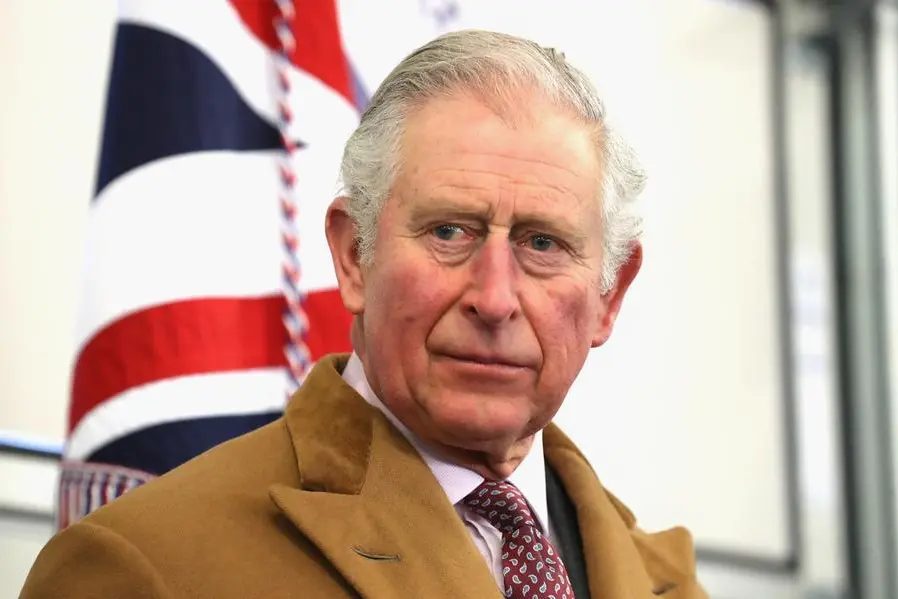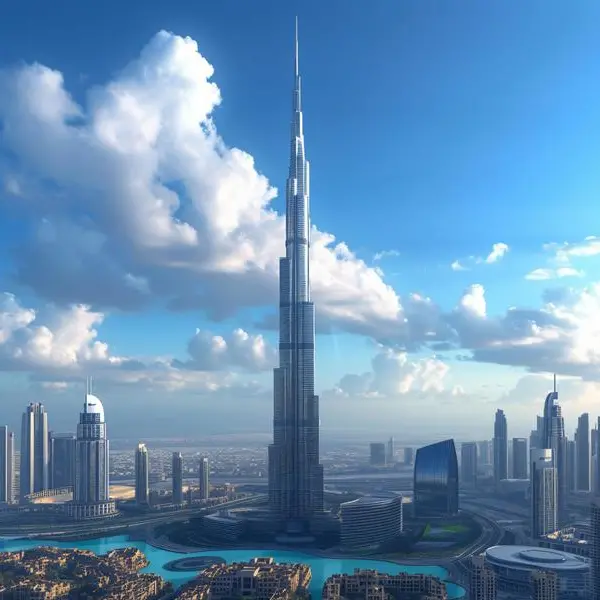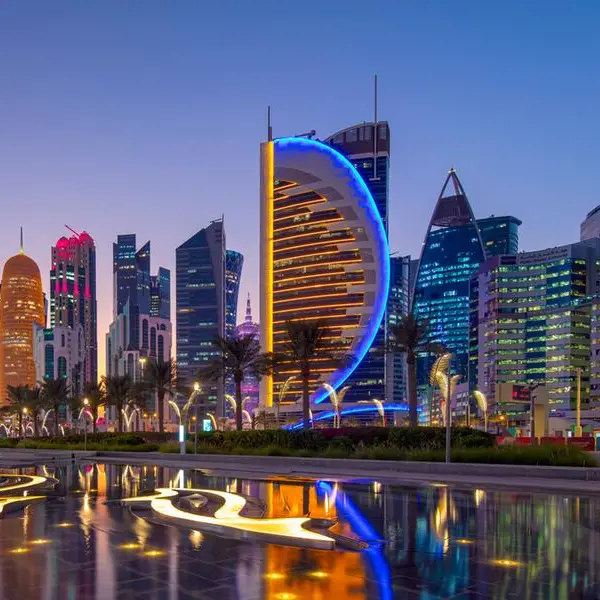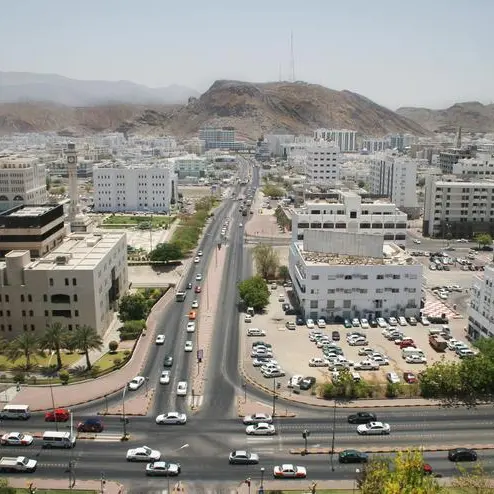PHOTO
The new king of Britain Charles III has forged close relations with the Gulf’s ruling families, visiting the region frequently to pay tribute to deceased leaders and ease diplomatic spats that had threatened to jeopardise military deals.
Britain’s historical ties with the Gulf Cooperation Council (GCC) states have helped make the region a significant export market whose importance is growing following Brexit.
In the 12 months to March 31, Britain’s exports to the GCC totalled £23.1 billion ($26.8 billion); £8.9 billion to Saudi Arabia, £8.3 billion to the UAE, £2.7 billion to Qatar, £1.6 billion to Kuwait, £862 million to Oman, and £713 million to Bahrain. Combined, the region accounted for about 2.7% of total British imports and exports, government data shows.
King Charles, who became head of the British state following the death of his mother Queen Elizabeth II on Sept. 8, has toured all six GCC states although his links with Saudi are of greatest importance.
Charles went to the kingdom 10 times from 1986 to 2014, according to the BBC, while it was he who personally greeted Saudi’s then King Abdullah on arrival at London’s Heathrow airport in October 2007.
Charles, 73, has met various top Saudi royals during his long tenure as heir to the British throne, including hosting a dinner for Crown Prince Mohammed bin Salman in London in March 2018.
On a nine-day Middle East tour in March 2013, Charles visited Saudi, Qatar, Oman and Jordan. The top theme for the Saudi leg was “military links” according to The Campaign Against Arms Trade which claims the government sent Charles to help close a multibillion-pound sale of Eurofighter Typhoon jets by British military contractor BAE Systems.
The earlier deal, first outlined in 2005 and concluded in 2007, was for Saudi’s air force to buy 72 Typhoons, but rising costs led BAE to renegotiate sales terms.
Charles returned on a four-day tour in February 2014 that also encompassed trips to Qatar, Abu Dhabi and Bahrain. The day after Charles visited Riyadh, participating in a traditional Saudi sword dance, BAE and Saudi agreed revised pricing for the Typhoon order. Qatar and Kuwait have also bought Eurofighter Typhoon fleets from BAE in multibillion pound deals that Charles’ reassuring, regular presence helped facilitate.
Nearly 60% of British “defence” exports from 2011 to 2020 went to the Middle East, government data shows. Britain is the world’s No.2 defence exporter, with Saudi its top client. The kingdom in 2018 signed a letter of intent to finalise the purchase of a further 48 Typhoon aircraft.
Charles’ visit to the kingdom in 2006 was also pivotal to rebuilding fraught relations between Britain and Saudi following the arrest of five Britons and corruption allegations surrounding an earlier arms deal, according to US diplomatic cables published by Wikileaks.
With Charles now king, he will likely delegate Saudi relations to another royal. Prince Andrew, Charles’ younger brother, has also toured the kingdom extensively, meeting various princes and top Saudi officials including the heads of Saudi Aramco, the Public Investment Fund and Saudi Mining Co (Ma’aden), and the commerce, labour and tourism ministers, also visiting Saudi military bases. Prince Andrew resigned from public roles following allegations about his private life, so Buckingham Palace will have to reassign the Saudi file.
Charles also went to Saudi, Kuwait and Oman to pay condolences upon the deaths of these countries’ rulers over the past decade. According to Declassified UK, members of Britain’s royal family met with officials from GCC states at least 181 times from 2011 to early 2021.
The close links between British royalty and Gulf rulers was underlined at the wedding of Charles’ son, William, in 2011, which was attended by Qatar’s then emir, Bahrain’s crown prince, the UAE’s future president, Oman’s future sultan and senior members of the Kuwaiti and Saudi elites.
(Reporting by Matt Smith; editing by Seban Scaria)





















